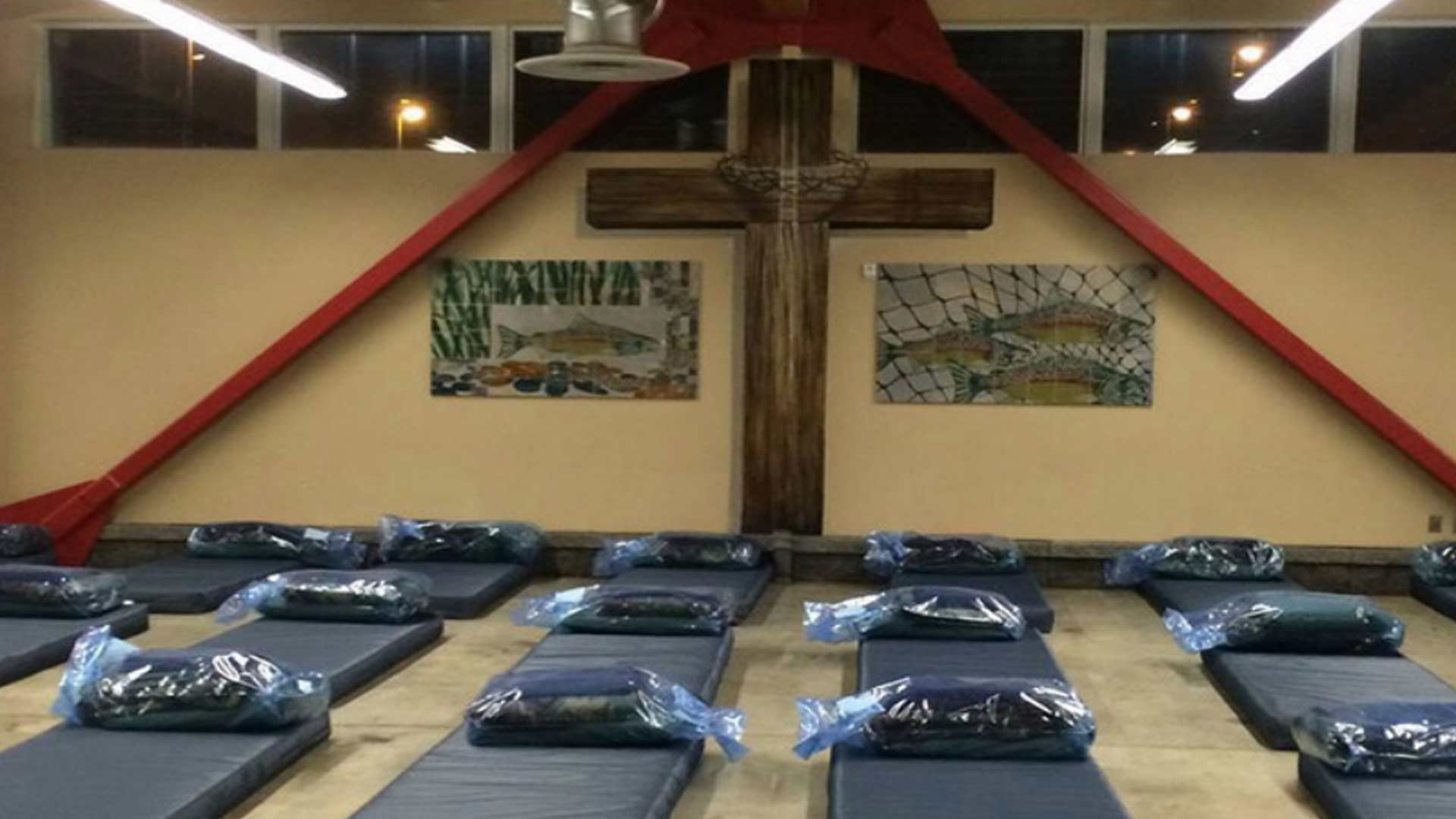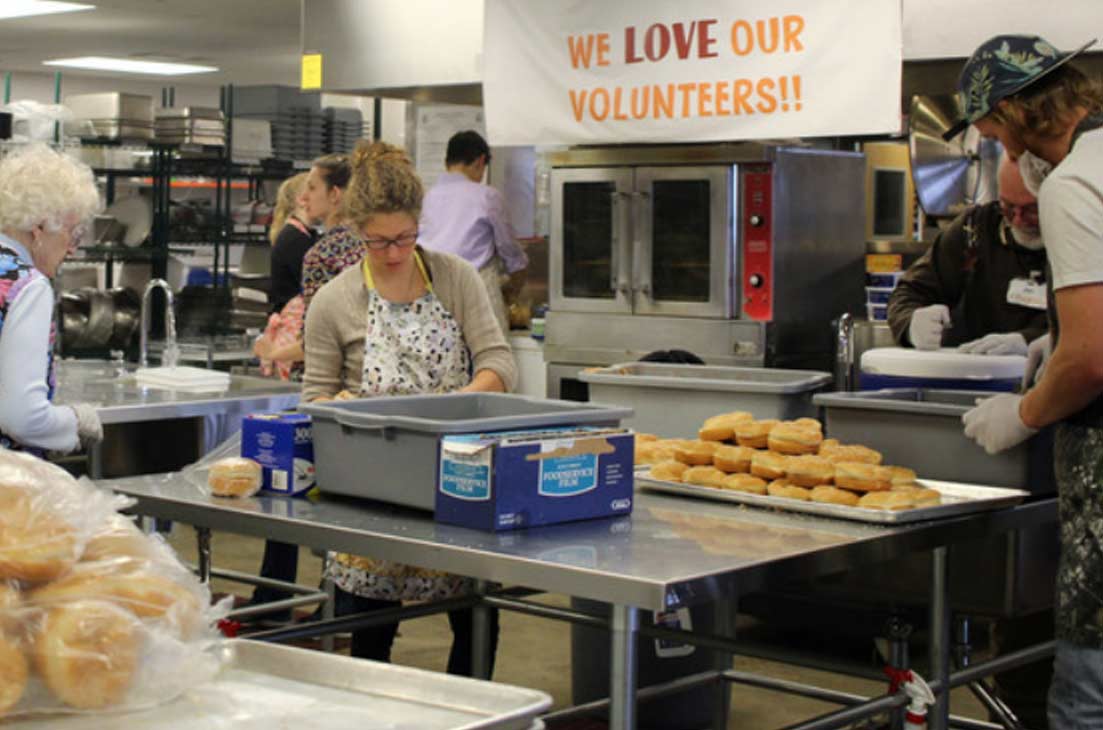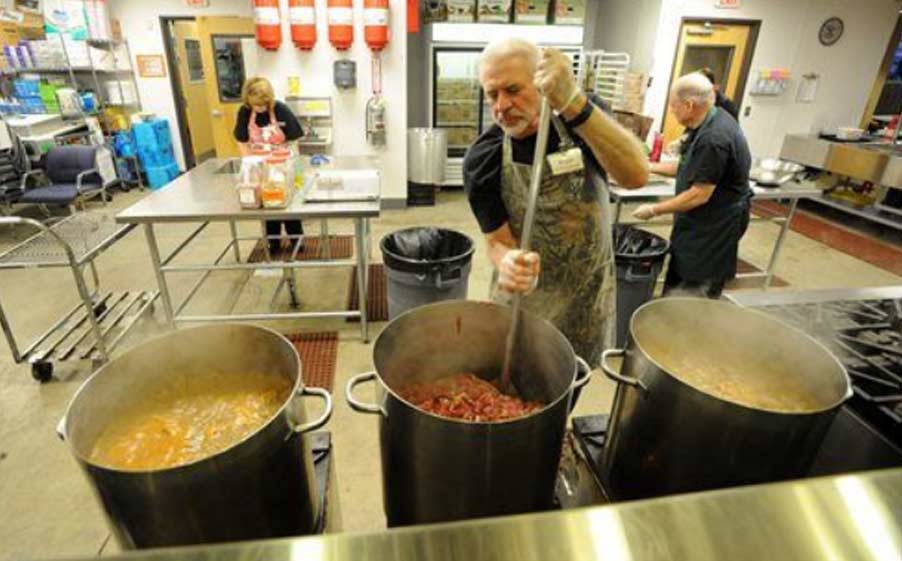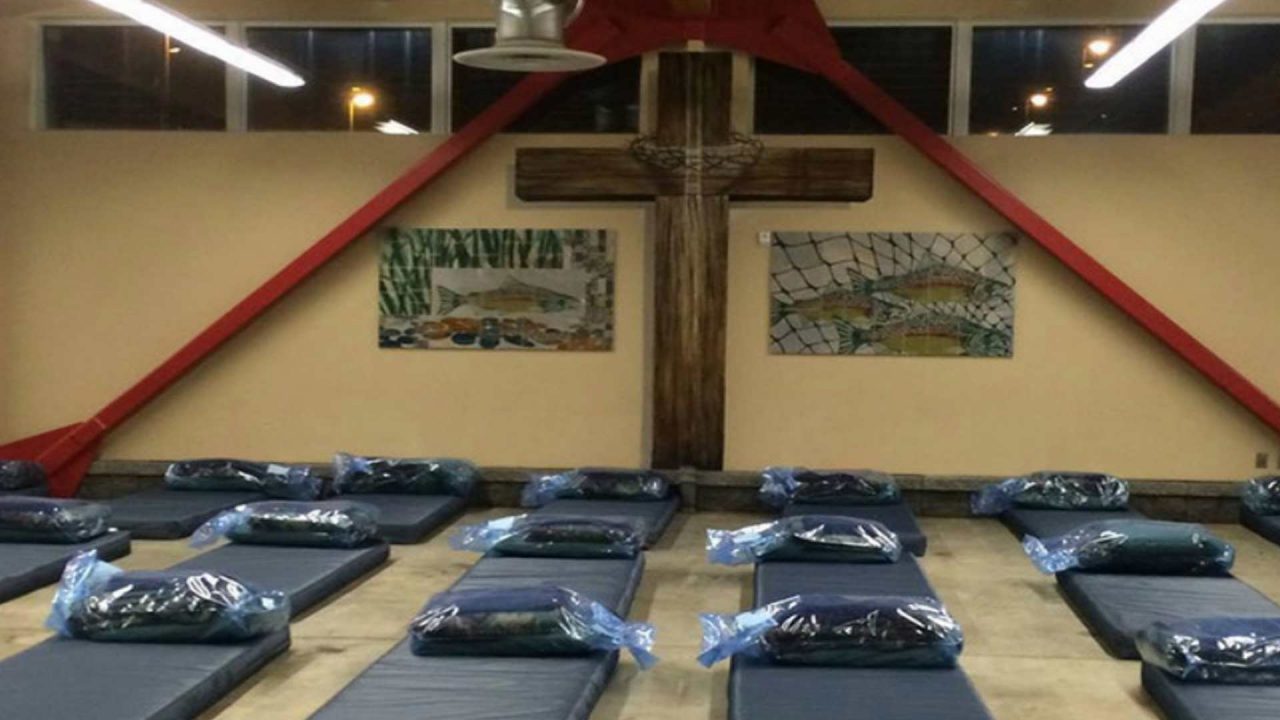
A faith-based battered women’s shelter could lose half its staff if the Anchorage Assembly forges ahead with a proposal to heavily monitor and control non-profit outreaches for the homeless and the people who are allowed to volunteer and staff the ministries.

This was the assessment given by Sherrie Laurie, the executive director of the Downtown Hope Center.
“We would lose half our staff due to the background checks required on all staff, volunteers, and board members,” Laurie said in an email to the Watchman. “No one could have a ‘barrier crime’ in the past 10 years.”
Under a proposed ordinance, which the Assembly will take up at its June 8 meeting, the city would require homeless shelter volunteers and staff to undergo city-approved background checks that would effectively eliminate many of the dedicated workers who help run faith-based missions for the homeless. A considerable number of those who work at the Hope Center are former clients who have undergone life-changing transformations and then returned to help others in need.
With a prohibition against workers who have committed past “barrier crimes,” however, the shelter would be forced to eliminate an essential workforce. Alaska’s barrier crimes include property damage, theft, issuing a bad check, criminal mischief, forgery, defrauding creditors, misconduct involving a controlled substance, DUI, assault, reckless endangerment, not paying child support, criminal trespassing and disorderly conduct, among many other crimes.

“It is very difficult to find staff willing to work the long night hours with individuals suffering from trauma, PTSD, inebriation, detoxing, night terrors, and the myriad of other conditions that they bring from life on the streets and addiction,” Laurie explained. “Those that have come out of the ‘system’ are much more knowledgeable, and able to de-escalate potentially dangerous situations more effectively. There is a high rate of burn out and emotional stress on those who do not have a grid for the ‘roots’ of the behaviors.”
Like many faith-based shelters around the nation, the Hope Center relies on its strong community ties which have been built up over time among those who have successfully gone through their program.
“In my years of experience, I have come to appreciate and value the knowledge of those who have overcome addictions and incarceration because their experience is invaluable and they are equipped to handle the rigors of this population,” Laurie observed. “One can have the best intent, however, without first-hand experience in these conditions it can be intimidating. People with barrier crimes are also limited in employment opportunities and most of them are drawn to helping others transform their lives through this kind of work.”
ALASKA WATCHMAN DIRECT TO YOUR INBOX
The shelter currently conducts its own background checks and interviews with all potential volunteers. This, however, would not suffice if the city pushes through with its new licensing proposal.
Aside from gutting her staff and volunteers, Laurie is concerned that the ordinance would give the city health department’s director more authority over the running of the shelter than the outreach’s own board of directors.
Laurie is also concerned that the ordinance puts the financial burden on non-profits to pay for expensive fingerprinting and background checks. The Hope Center, like many other faith-based missions does not receive any public money but is completely funded through voluntary donations.
“As a faith-based non-profit that receives no public funds this would be an exorbitant amount of money,” Sherrie said.
Laurie worries about what the city plans to do if they decide to yank the license of long-standing faith-based shelters.
The Hope Center has provided services to Anchorage’s homeless population for over three decades. Funded primarily by individual donors and churches, the Christian mission gives its guests valuable experiences and marketable job skills. It also runs a bakery, a cold weather shelter that houses 50 women a night, a soup kitchen, a culinary school and a vocational training programs for homeless and formerly incarcerated individuals.
The Hope Center’s mission statement says: “Inspired by the Love of Jesus, we offer those in need support, shelter, sustenance, and skills to transform their lives.”
Laurie worries about what the city plans to do if they ultimately decide to yank the licenses of long-standing faith-based shelters.
“What are they planning on doing with all the people who are misplaced if they revoke a shelters license?” she said. “It will cost the taxpayers millions to activate new shelters. I also do not think there are entities in this community that have the expertise to open a homeless shelter and staff it.”
The Hope Center has reason to be wary of the city’s plan to control its operations. In 2018, the municipality attempted to fine the shelter $75 for each time it refused to let a biological male who identified as a female from sleeping and showering with women. The city ultimately backed down and had to pay the religious-based shelter $100,000 in a court settlement.
The Assembly is set to take up the licensing ordinance at its June 8 regular meeting.
TAKING ACTION







